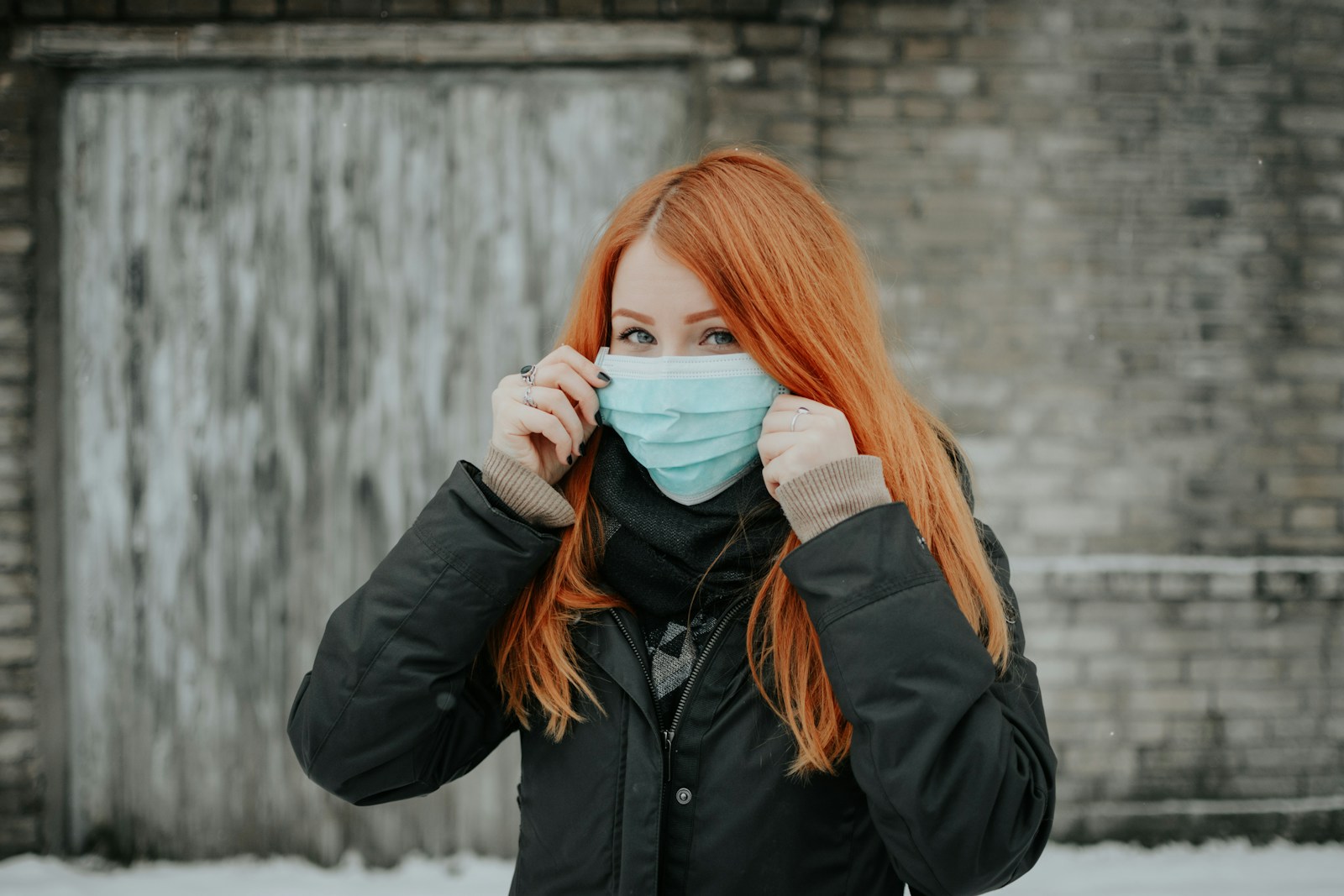
Equitable Access to COVID-19 Vaccination: Why Global Solidarity Still Matters
News
Dec 8, 2020
As the world continues to learn from the COVID-19 pandemic, one lesson stands out: prevention must take precedence over treatment. Immunization has long stood alongside clean water as one of the most effective public health measures ever developed. It prevents millions of deaths each year, reduces hospitalizations, and strengthens the social and economic fabric of communities. Yet when global crises strike, equitable access to vaccines remains elusive.
Today, that challenge is resurfacing, not as a historical lesson, but as an urgent call.
The Power of Vaccination Across the Life Course
Vaccines protect more than infants. They are essential tools of healthy aging for adults and older people, reducing medical visits, treatments, and pressure on health systems. Their long-term impact extends well beyond direct health benefits. Vaccination supports education, productivity, and economic stability.
However, even before COVID-19 vaccines were developed, the WHO, UNICEF, and Gavi warned that 80 million children under one year of age were at risk of preventable diseases due to disrupted routine immunization programs. In many low-resource settings, access barriers (costs, geography, and supply limitations) have long created gaps in protection.
COVID-19 Vaccines: A Scarce and Politicized Global Good
The development of COVID-19 vaccines showcased remarkable scientific collaboration. But it also exposed geopolitical competition. Wealthy nations secured early vaccine doses through bilateral agreements, leaving low-income countries behind. As the World Federation of Public Health Associations (WFPHA) emphasized, the global race for procurement risked repeating a familiar pattern: the wealthiest nations benefit first, while the most vulnerable wait.
This dynamic undermines not only equity but global health security itself. Isolated national strategies cannot contain a virus that crosses borders.
Why Equitable COVID-19 Vaccination Is the Fastest Path Out of a Pandemic
Effective pandemic recovery hinges on fair vaccine distribution. Without coordinated global coverage, outbreaks persist, variants emerge, and the pandemic’s health, economic, and social impacts deepen.
International collaboration must prioritize:
Strengthening Global Support Mechanisms
Initiatives such as COVAX have sought to accelerate equitable access, yet global experience shows that low-income countries are often crowded out when demand surpasses supply. A dedicated COVID-19 vaccination fund to support resource-constrained nations would be a critical step toward preventing this.
Addressing Long-Standing Access Barriers
High program costs, limited health infrastructure, and logistical challenges all hinder equitable coverage. These issues require both immediate response and long-term investment in national health systems.
Recognizing Vaccination as a Global Public Good
Vaccines protect communities, economies, and global stability. As outlined in the Global Charter for the Public’s Health, prevention, including equitable immunization, is foundational to national prosperity and global resilience.
A Call to Action from the Global Public Health Community
Public health associations worldwide, including the Norwegian Public Health Association, have echoed WFPHA’s call for urgent, ethically grounded global policy action. They stress that no nation can protect itself alone. Even from a standpoint of national self-interest, vaccines must reach vulnerable populations in every region if the pandemic is to be controlled.
Norway’s long-standing leadership in global vaccination efforts serves as an example of the type of commitment required. Still, all nations must make it clear that equitable allocation is not an optional act of goodwill; it is a public health necessity.
Moving Forward With Purpose and Solidarity
COVID-19 has reshaped global health, economies, and societies. The choices made now will determine how the world recovers and how prepared we are for future threats. Equitable access to vaccination is more than a policy preference; it is a moral responsibility and a practical strategy for global stability.
Ensuring that every nation, regardless of wealth, can protect its population through vaccination is essential to ending the pandemic and strengthening universal health systems. The world has the tools, expertise, and capacity to act. What remains is the collective will to place equity at the center of global health.
